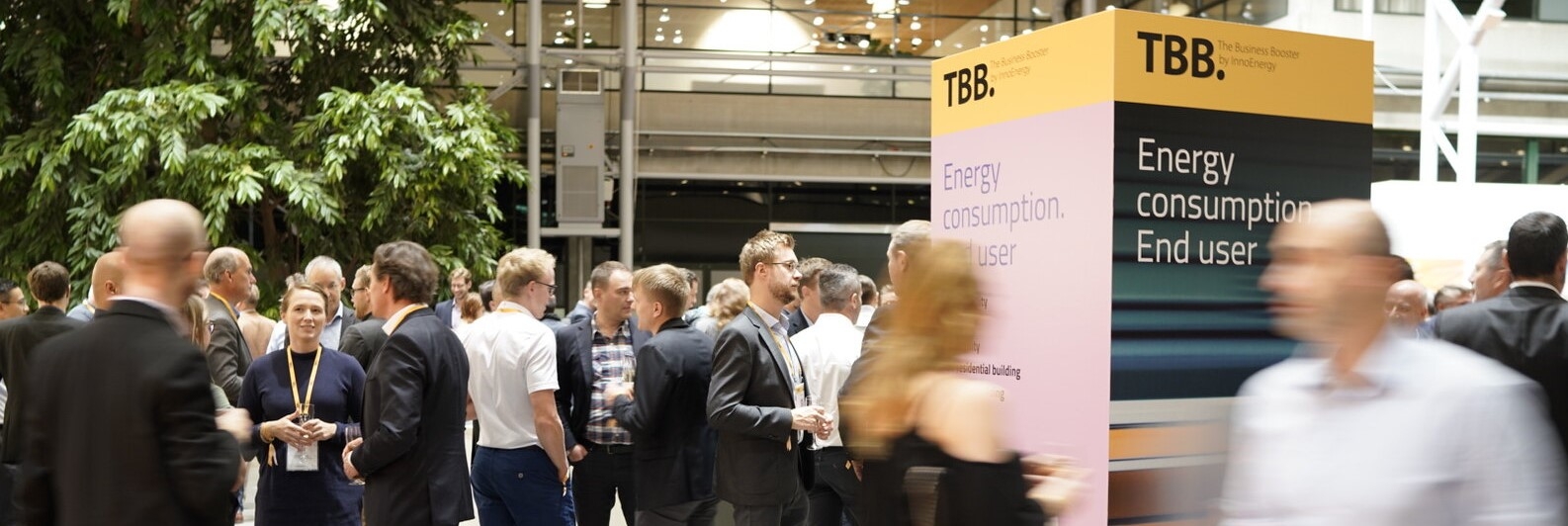Access to cutting edge research and innovation through KU Leuven!

Two EIT InnoEnergy Master’s in Energy for Smart Cities students have embarked on their thesis adventure together. They find teamwork helpful to tackle their work at the prestigious KU Leuven in Belgium, an EIT InnoEnergy Master School partner university. We spoke with Jeremy Gideon and Rishabh Varma to hear what it’s like to complete your thesis at one of the world’s oldest and most renowned universities specialising in cutting-edge research and innovation – and how it feels to contribute to the energy transition in coming years.
A customised thesis
Epitome of innovation
Jeremy explains their topic: “It’s about policy innovation. Our thesis topic analyses Energy Communities and the interaction between technology, social aspects, and policies. It will provide future policymakers with a tool that can help better inform their decisions regarding Energy Communities.” Rishabh elaborates: “The entire concept of energy communities is the epitome of innovation and forward-thinking. I’ve gotten detailed insights about energy communities, their challenges, and different perspectives from which it can be looked.
The current problems such as energy transition, energy security, grid decentralisation, etc., can, to a great extent, be solved using energy communities. Also, the recent advancements in renewable energy technologies and the increased political interest have contributed to more research and promotion of this concept.”
The journey
Making a contribution
So, what does the future hold? Rishabh plans to be a sustainable consultant – relying on the skills he’s learned from the programme and thesis – tapping into the vast EIT InnoEnergy ecosystem. And Jeremy, who will work in the renewable energy sector in more of a techno-commercial capacity, says, “After starting the programme, I was influenced to place humans at the centre of the energy transition. This is now a huge part of my permanent thought process. Therefore, this project places humans at the centre and revolving the technology and policies around humans – rather than humans being a tertiary element that needs to be considered. It’s the most sustainable way to move forward. We plan to publish the thesis, and hopefully, it can help future developments of energy communities and energy policies. It feels good to contribute to the energy transition in a small but useful way.”
Ready to make your contribution? Learn more about the EIT InnoEnergy Master School here.

